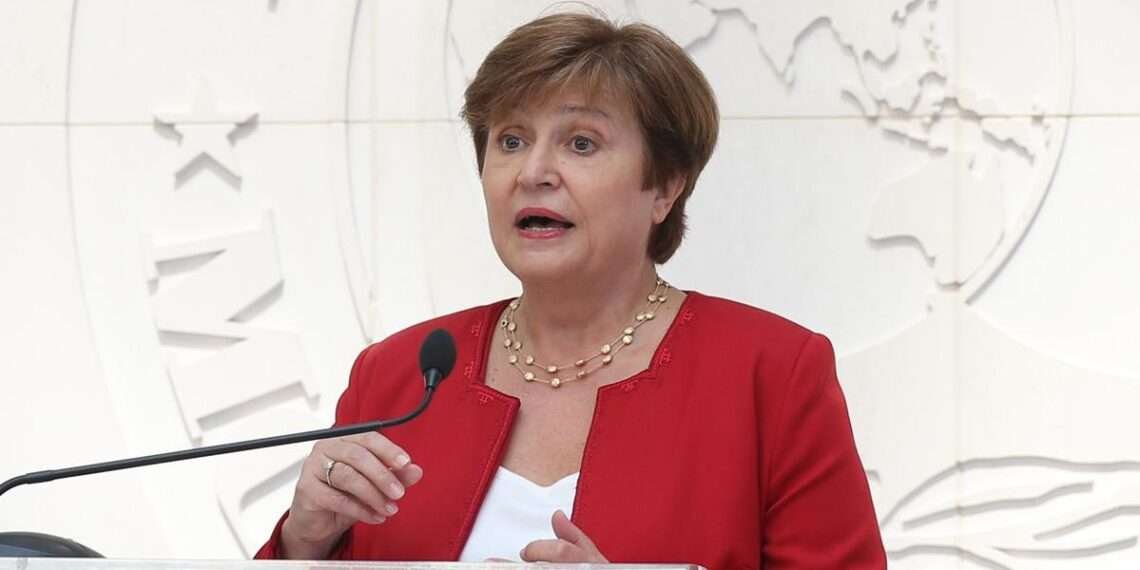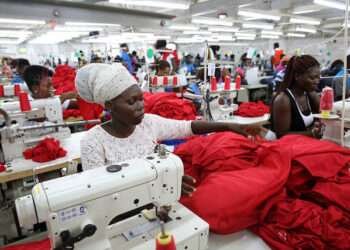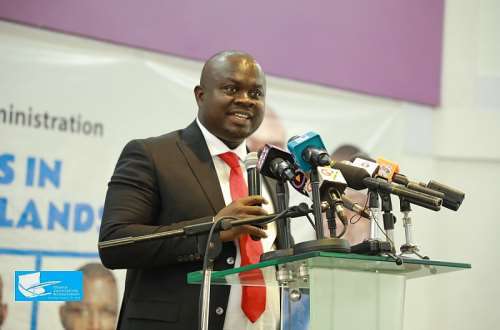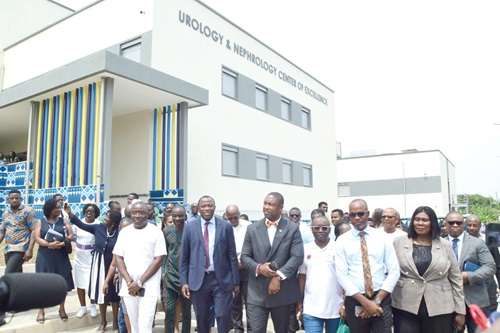The International Monetary Fund (IMF) in its study has disclosed that the Africa’s continent-wide free trade area, if successfully implemented, could significantly boost economic growth and improve living standards at a time of rising geopolitical tensions and climate change.
The IMF in its “Trade Integration in Africa – Unleashing the Continent’s Potential in a Changing World” Report pointed out that greater trade openness would help countries adapt to climate change and strengthen food security, including improving the availability and affordability of food supplies.
“More diversified and broad-based trade would reduce the impact of disruptions in specific markets and products that could result from shifts in global trade patterns.”
International Monetary Fund
The lender warned earlier this week that Africa could suffer a permanent economic hit if tensions splinter the global economy into opposing trading blocs around the US and China.
IMF estimated that sub-Saharan Africa could see a 4% decline in gross domestic product after 10 years under a severe version of this bipolar world.

IMF Suggests Reductions In Certain Factors Of Trade Barriers
More so, the IMF in its report advised that to obtain the full benefits of African Free Continental Trade Area (AfCFTA) – which could be the world’s biggest free-trade zone by area when the treaty becomes fully operational by 2030, large cuts in tariff and nontariff trade barriers among African nations will be needed.
“These reductions could increase the median merchandise trade flow between African countries by 15%, and median real per-capita GDP by 1.25% or more if combined with substantial improvements in the trade environment.”
International Monetary Fund
The IMF also found that comprehensive reforms along with the AfCFTA implementation could increase the median merchandise trade flow between African countries by 53%, and the rest of the world by 15%.
This outcome according to the international lender, could raise the median per-capita GDP in Africa by more than 10% and lift as many as 50 million people in the world’s poorest continent from extreme poverty by 2035.
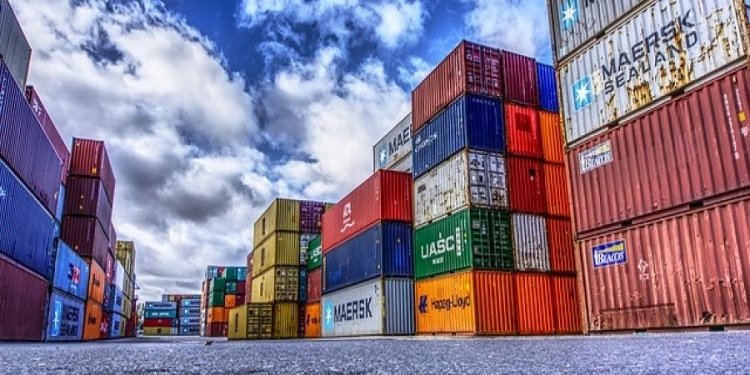
Policy actions recommended in the report include a modernized social safety net that supports the most vulnerable during the transition to a higher growth trajectory and investment in human capital.
All but one of 55 nations recognized by the African Union have signed to join the AfCFTA and 46 have ratified the accord. Eritrea, which has a largely closed economy, is the holdout.
The AfCFTA is one of the flagship projects of ‘Agenda 2063: The Africa We Want.’ It is a high ambition trade agreement, with a comprehensive scope that includes critical areas of Africa’s economy, such as digital trade and investment protection, amongst other areas.
By eliminating barriers to trade in Africa, the objective of the AfCFTA is to significantly boost intra-Africa trade, particularly trade in value-added production and trade across all sectors of Africa’s economy.
Read Also: MTN Group Releases its Suite of an Annual Reports for 2022, CEO Says 2022 Was A Challenging Year

